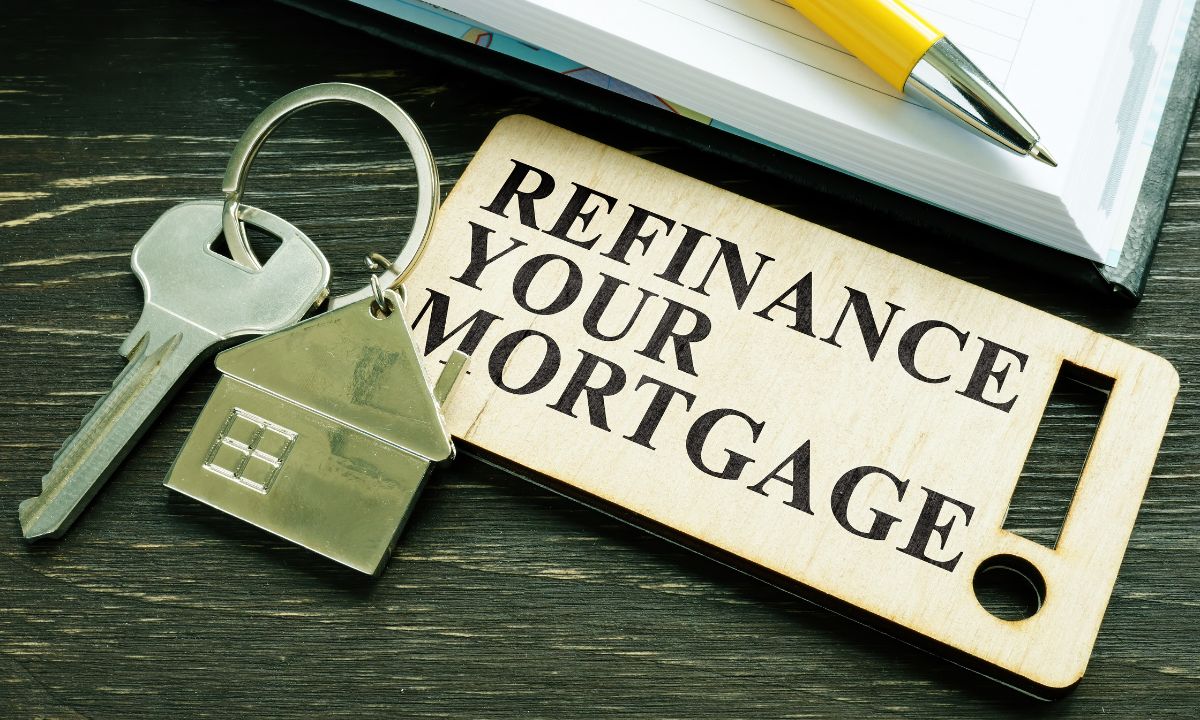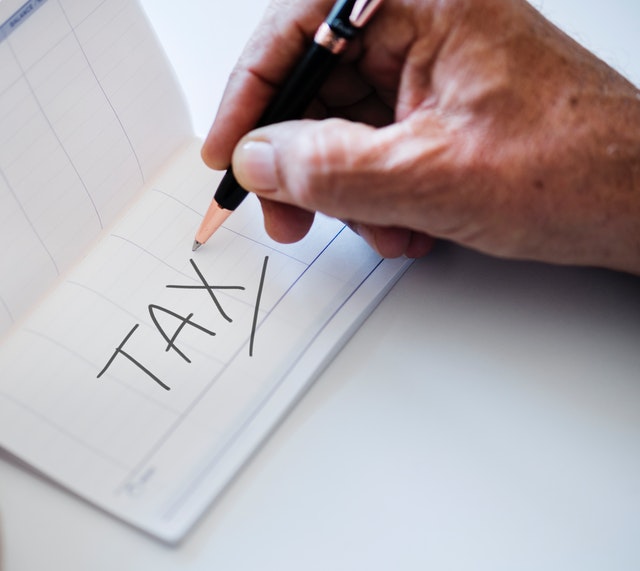Why Refinancing Your Mortgage Before the Year Ends Is a Great Option
 As the year comes to a close, it’s the perfect time to consider refinancing your mortgage. Whether you’ve been thinking about lowering your monthly payment, securing a better interest rate, or tapping into your home’s equity, refinancing can offer many benefits. However, the timing can make all the difference. Here’s why refinancing before the year ends might be a great option for you.
As the year comes to a close, it’s the perfect time to consider refinancing your mortgage. Whether you’ve been thinking about lowering your monthly payment, securing a better interest rate, or tapping into your home’s equity, refinancing can offer many benefits. However, the timing can make all the difference. Here’s why refinancing before the year ends might be a great option for you.
1. Lock in Lower Interest Rates
Interest rates fluctuate throughout the year, and while it’s hard to predict exactly when the best time to refinance will be, rates tend to dip during the fall and winter months. By refinancing before the year ends, you can potentially lock in a lower interest rate, which could lower your monthly payments and save you money over the life of the loan. A lower rate can make a significant difference, especially if your current rate is higher than what’s available today.
2. Take Advantage of Tax Benefits
When you refinance your mortgage, you might be able to deduct mortgage interest on your taxes for the year of the refinance. This can be especially beneficial if you’ve made significant changes to your loan or have paid off a substantial portion of your mortgage. Consult with a tax professional to determine how refinancing can impact your tax situation.
3. Access Your Home’s Equity
If your home has appreciated in value over the years, refinancing can allow you to tap into your home’s equity. You can use this equity to pay off high-interest debt, finance home improvements, or even invest in other opportunities. Refinancing before the year ends can help you take advantage of your home’s increased value, especially in a rising market.
4. Pay Off High-Interest Debt
With a cash-out refinance, you can use the equity in your home to consolidate and pay off high-interest debt such as credit card balances or personal loans. This can free up cash flow and potentially save you from paying exorbitant interest rates. By paying off these debts before the end of the year, you’ll start the new year with less financial strain and a more manageable budget.
5. Improve Your Financial Outlook for Next Year
Refinancing can give you a fresh start for the coming year. By lowering your monthly mortgage payment or adjusting your loan term, you can better align your mortgage payments with your long-term financial goals. Starting the new year with improved financial flexibility can provide peace of mind as you plan for the future.
6. Close Before the End of the Year
Many lenders may have end-of-year incentives or be motivated to close loans quickly before the calendar year ends. If you’ve been considering refinancing, this is the time to take action. By closing before the year ends, you can start the new year with a better mortgage and more favorable terms.
7. Refinance with a Shorter Loan Term
Another reason to refinance before the year ends is the possibility of securing a shorter loan term. Refinancing to a 15-year mortgage (or even a 10-year loan) can help you pay off your home faster and save money on interest in the long run. While monthly payments may be higher, the overall financial benefit of paying off your loan sooner can be substantial.
Refinancing your mortgage before the year ends offers several opportunities to save money, access equity, and improve your financial outlook for the future. Whether you’re hoping to lower your interest rate, pay off high-interest debt, or take advantage of your home’s increased value, now may be the perfect time to take action. Give us a call to assess your options and ensure that refinancing is the right choice for you.

 A 1031 tax exchange is a legal way to defer paying capital gains when selling a property and then buying a “like-kind” property within the allowed period. The time limits allowed are 45 calendar days after the close of the sale of the first property to identify the like-kind property for acquisition and then close the purchase transaction to complete the 1031 exchange within 180 calendar days.
A 1031 tax exchange is a legal way to defer paying capital gains when selling a property and then buying a “like-kind” property within the allowed period. The time limits allowed are 45 calendar days after the close of the sale of the first property to identify the like-kind property for acquisition and then close the purchase transaction to complete the 1031 exchange within 180 calendar days.